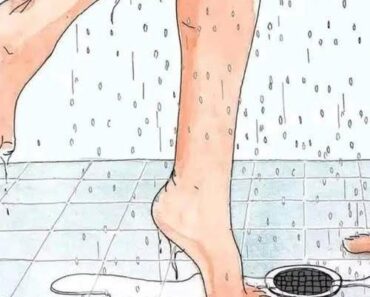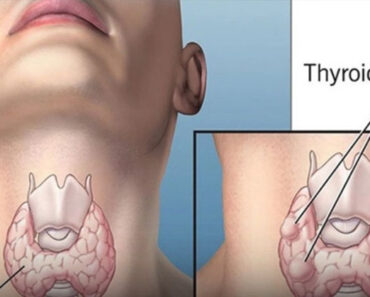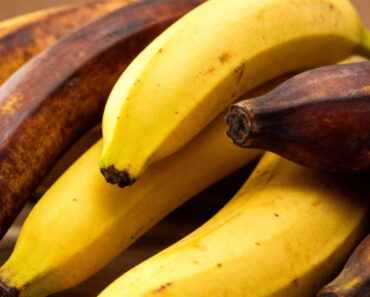Be careful! These are the consequences of sle
Why You Get Pimples on Your Chin
Chin pimples are a common issue, often triggered by a mix of hormones, habits, and skincare routines. Here’s a breakdown of the top causes:
1. Hormonal Fluctuations
The most frequent cause of chin and jawline acne—especially in adults—is hormonal changes. This includes shifts during the menstrual cycle, pregnancy, or starting/stopping birth control.
2. Stress Levels
Stress increases cortisol, a hormone that can lead to increased oil production and clogged pores, particularly around the chin and lower face.
3. Diet
Certain foods—like dairy, sugary snacks, and processed carbs—may trigger breakouts in some people. High glycemic diets are especially linked to acne flare-ups.
4. Poor Skincare Habits
Using products that are too harsh or not suitable for your skin type can irritate the area. Not cleansing properly or touching your face frequently also contributes to breakouts.
5. Hair Products and Facial Hair
Residue from hair products or buildup in beards and facial hair can clog pores. Be sure to wash thoroughly and avoid comedogenic ingredients.
6. Dirty Pillowcases or Phones
Frequently touching your chin to dirty surfaces—like pillowcases, phone screens, or hands—can transfer bacteria and oil to the skin.
7. Underlying Conditions
Sometimes, persistent chin acne may signal conditions like polycystic ovary syndrome (PCOS), which often causes hormonal imbalances and acne.
Why You Get Pimples on Your Chin
Chin pimples are a common issue, often triggered by a mix of hormones, habits, and skincare routines. Here’s a breakdown of the top causes:
1. Hormonal Fluctuations
The most frequent cause of chin and jawline acne—especially in adults—is hormonal changes. This includes shifts during the menstrual cycle, pregnancy, or starting/stopping birth control.
2. Stress Levels
Stress increases cortisol, a hormone that can lead to increased oil production and clogged pores, particularly around the chin and lower face.
3. Diet
Certain foods—like dairy, sugary snacks, and processed carbs—may trigger breakouts in some people. High glycemic diets are especially linked to acne flare-ups.
4. Poor Skincare Habits
Using products that are too harsh or not suitable for your skin type can irritate the area. Not cleansing properly or touching your face frequently also contributes to breakouts.
5. Hair Products and Facial Hair
Residue from hair products or buildup in beards and facial hair can clog pores. Be sure to wash thoroughly and avoid comedogenic ingredients.
6. Dirty Pillowcases or Phones
Frequently touching your chin to dirty surfaces—like pillowcases, phone screens, or hands—can transfer bacteria and oil to the skin.
7. Underlying Conditions
Sometimes, persistent chin acne may signal conditions like polycystic ovary syndrome (PCOS), which often causes hormonal imbalances and acne.





